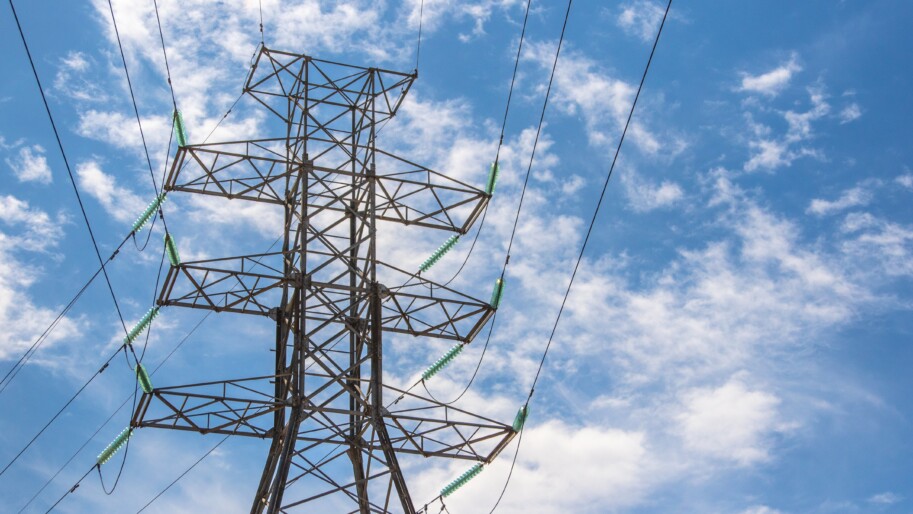Existing law vests the California Public Utilities Commission (CPUC) with regulatory authority over public utilities, including electrical corporations. Existing law prohibits an electrical corporation from beginning the construction of a line, plant, or system, or of any extension thereof, without having first obtained from the CPUC a certificate that the present or future public convenience and necessity require or will require its construction, as specified. Under existing law, the extension, expansion, upgrade, or other modification of an existing electrical transmission facility, including transmission lines and substations, does not require a certificate that the present or future public convenience and necessity requires or will require its construction.
Existing law establishes the California Independent System Operator (CAISO), as a nonprofit, public benefit corporation to ensure efficient use and reliable operation of the transmission grid and to manage the transmission grid and related energy markets, as specified. Existing law requires the CPUC, on or before January 1, 2023, to request CAISO to identify the highest priority transmission facilities that are needed to allow for increased transmission capacity into local capacity areas to deliver renewable energy resources or zero-carbon resources that are expected to be developed by 2035 into those areas, and to consider whether to approve those projects as part of its 2022–23 transmission planning process.
The Jobs and Economic Improvement Through Environmental Leadership Act of 2021 authorizes the Governor, until January 1, 2024, to certify environmental leadership development projects that meet specified requirements for certain streamlining benefits related to the California Environmental Quality Act (CEQA).
This bill would require the Governor to identify a lead agency to monitor clean energy and electrical transmission facility planning and deployment, and require that agency to identify those electrical transmission facility projects necessary to maintain system reliability and to meet specified targets. The bill would make that agency the lead agency for those projects for purposes of CEQA and deem those projects to be environmental leadership development projects for purposes of the Jobs and Economic Improvement Through Environmental Leadership Act of 2021. In a CPUC proceeding to determine whether to issue certificates of public convenience and necessity for those projects, the bill would establish a rebuttable presumption that the project is necessary if certain requirements related to CAISO are satisfied.
Committee Location: APPROVED in the Senate; In the Assembly Energy Committee with a July 12 hearing date.

